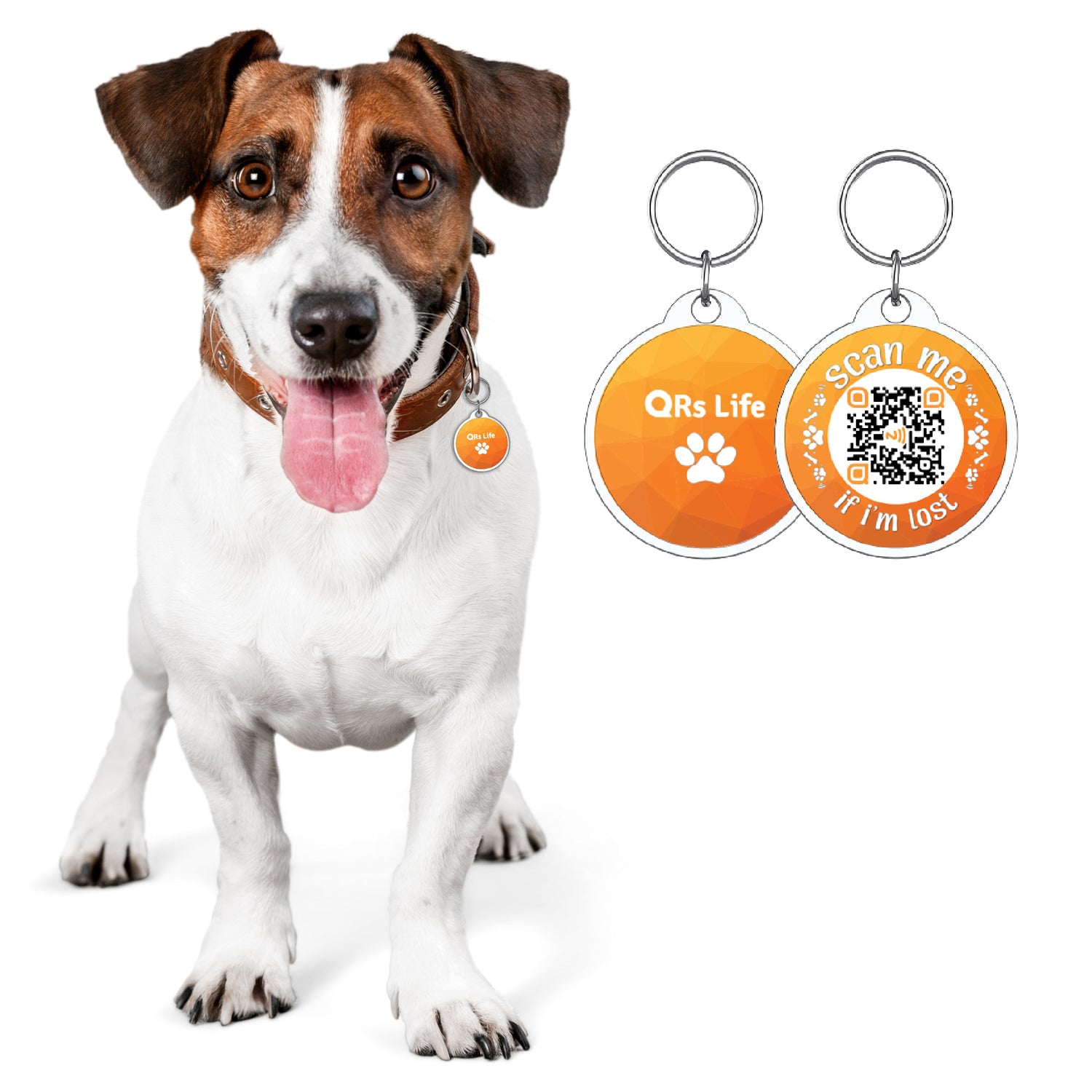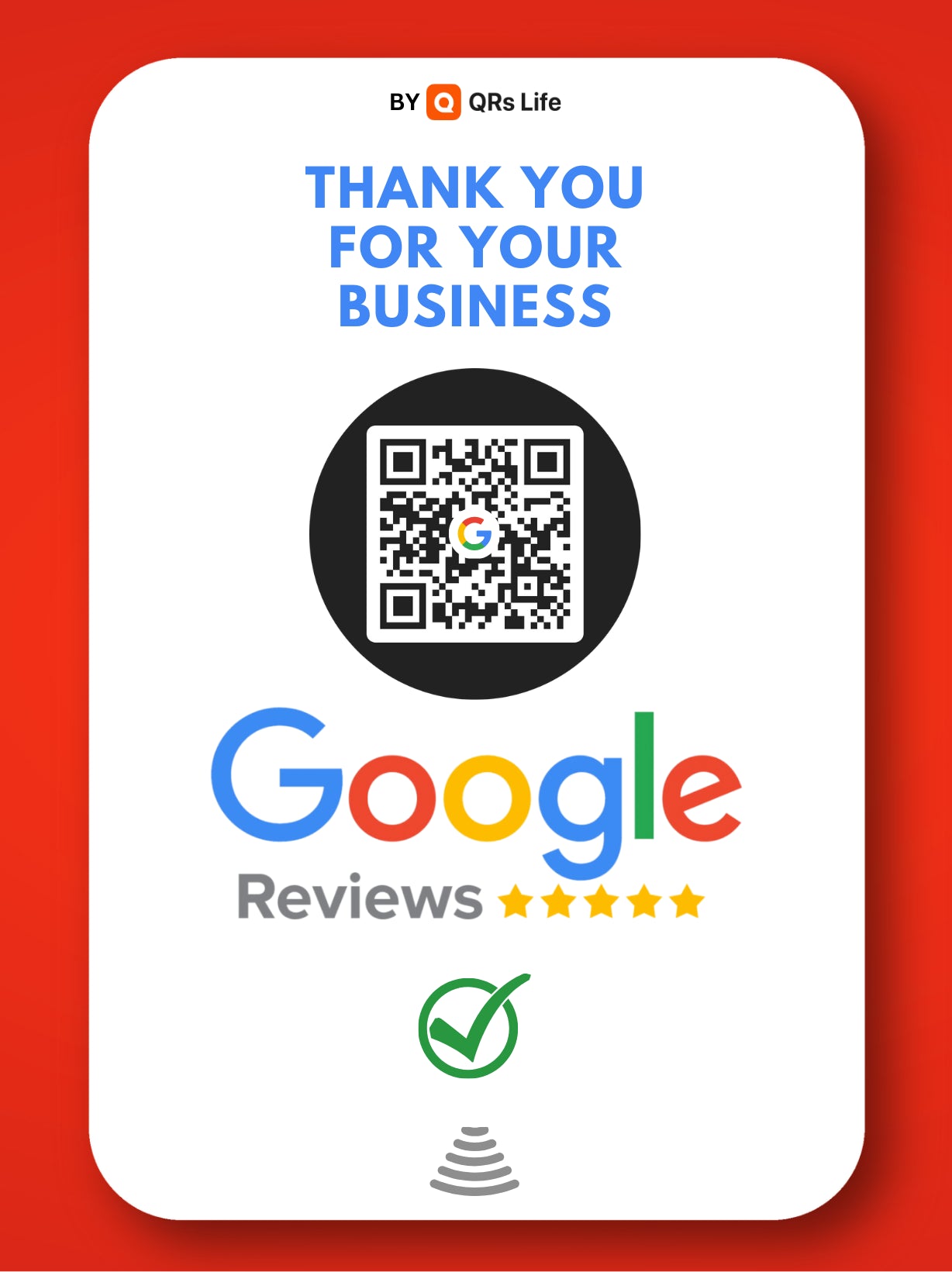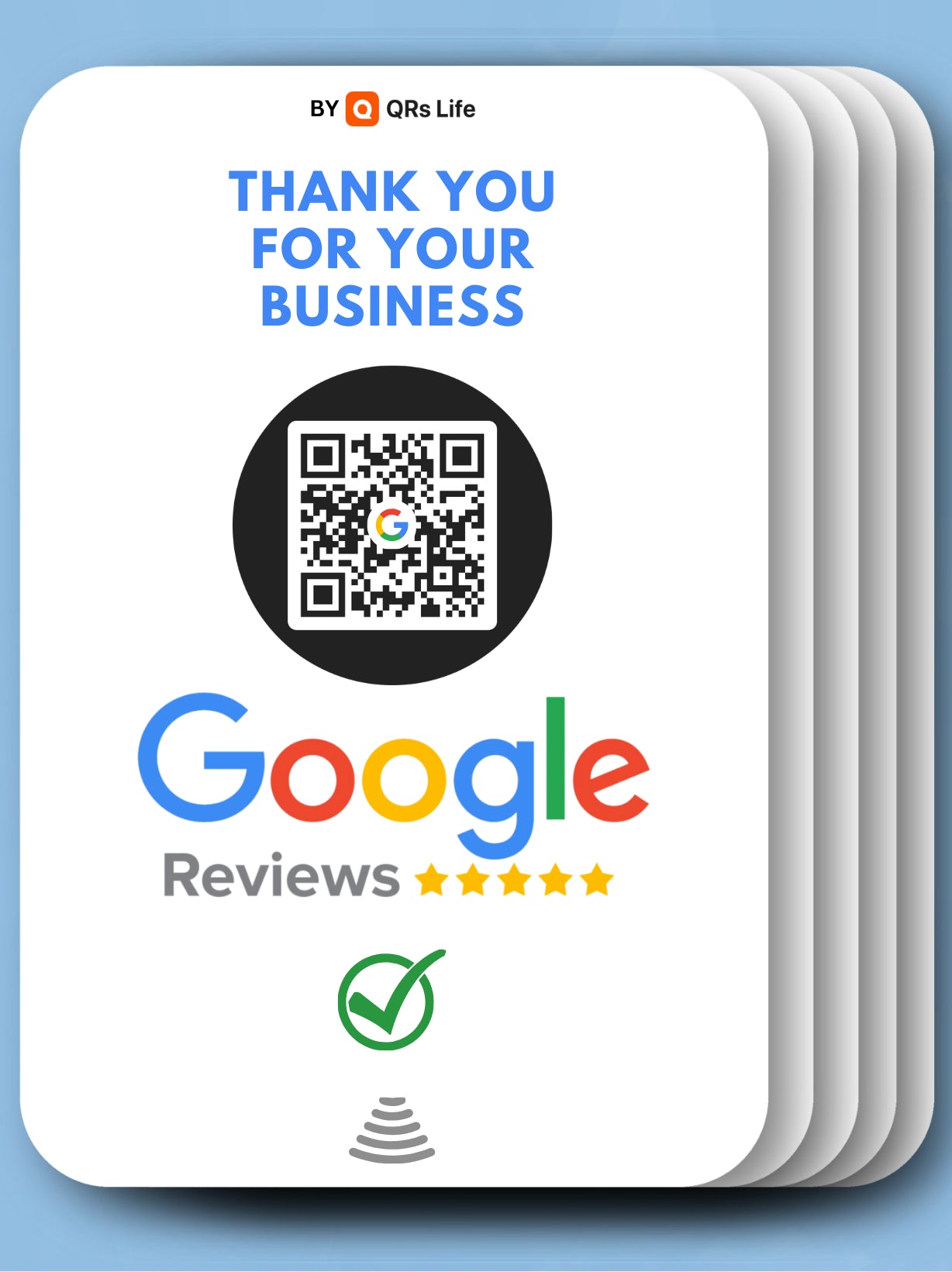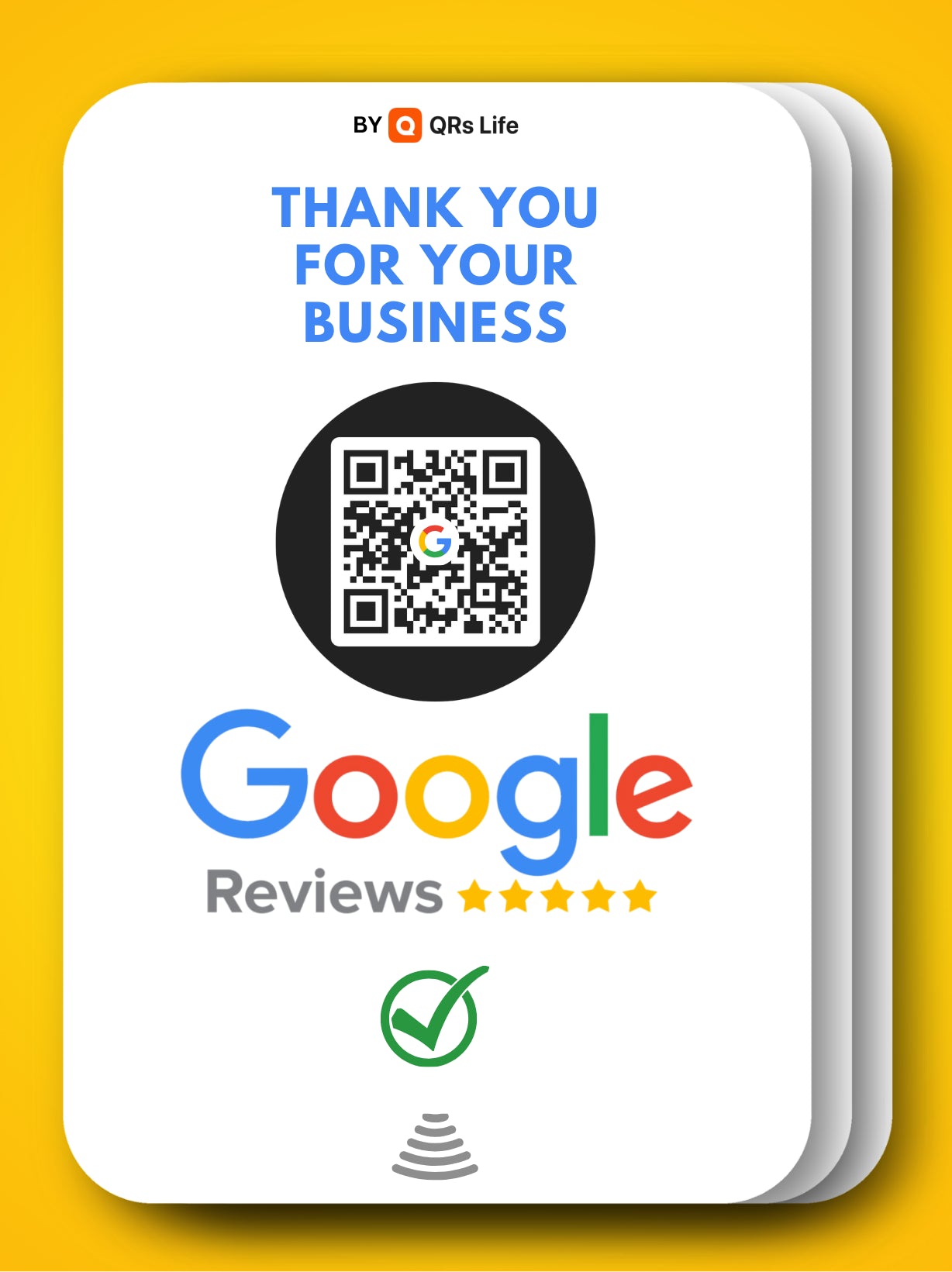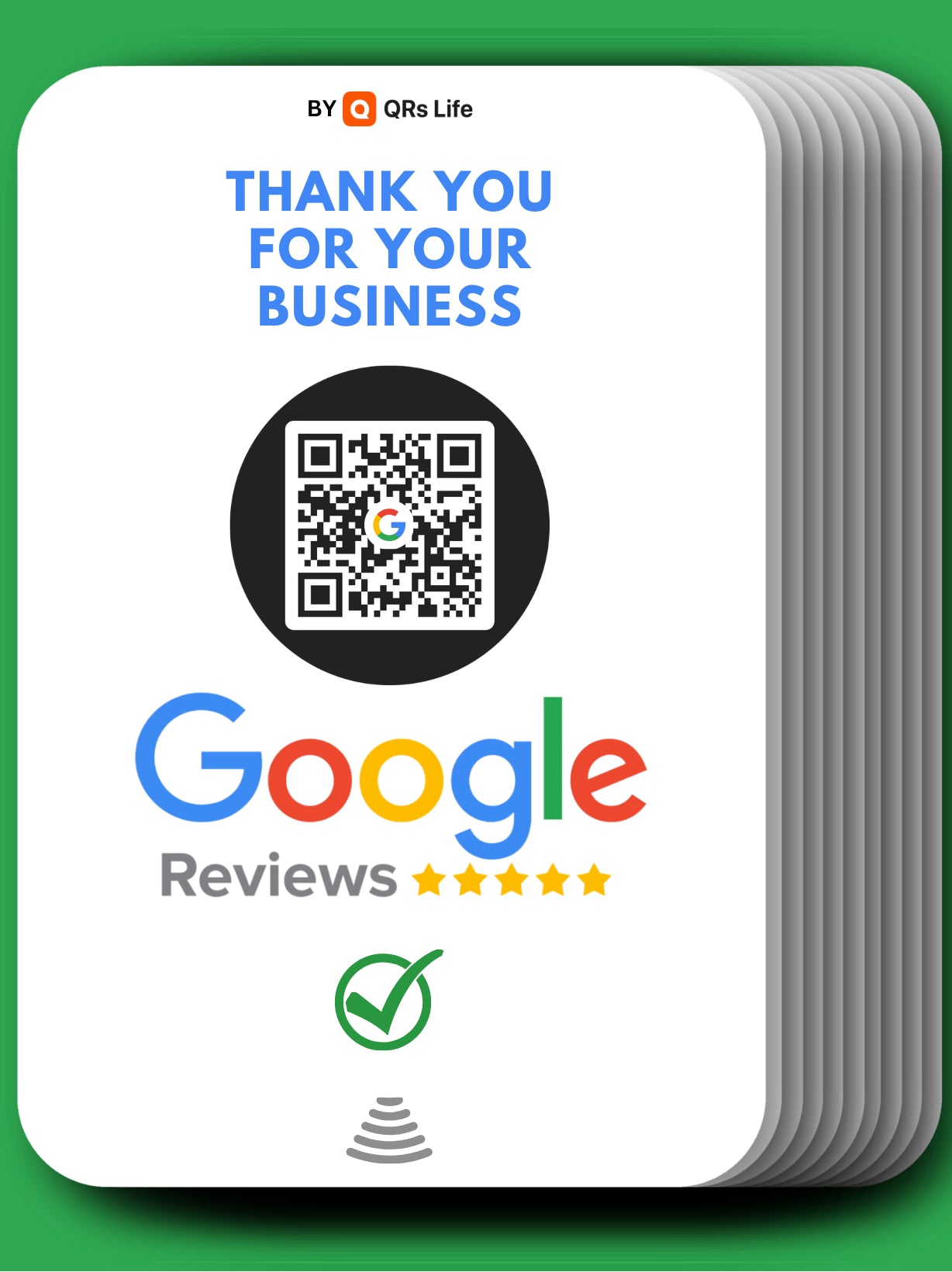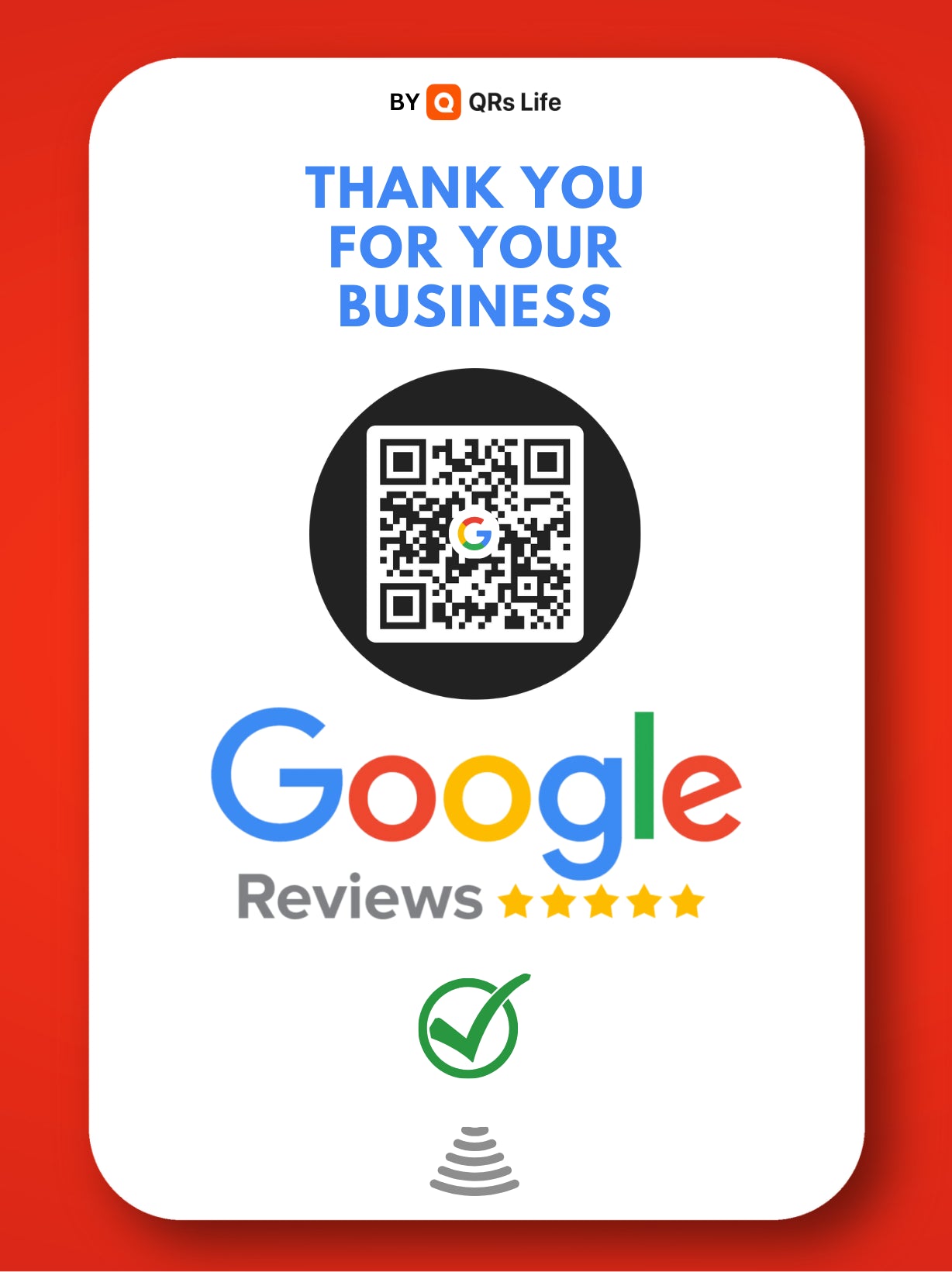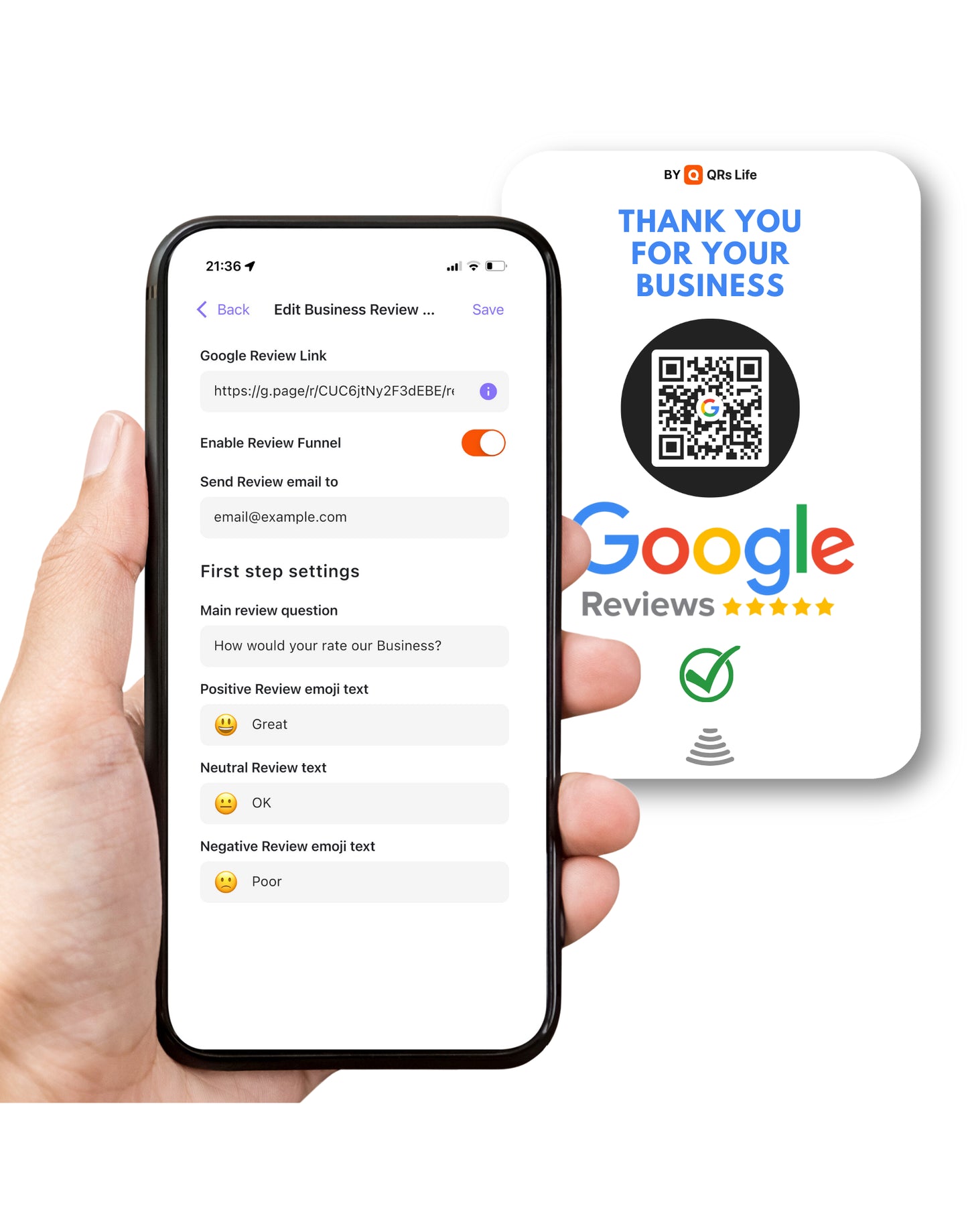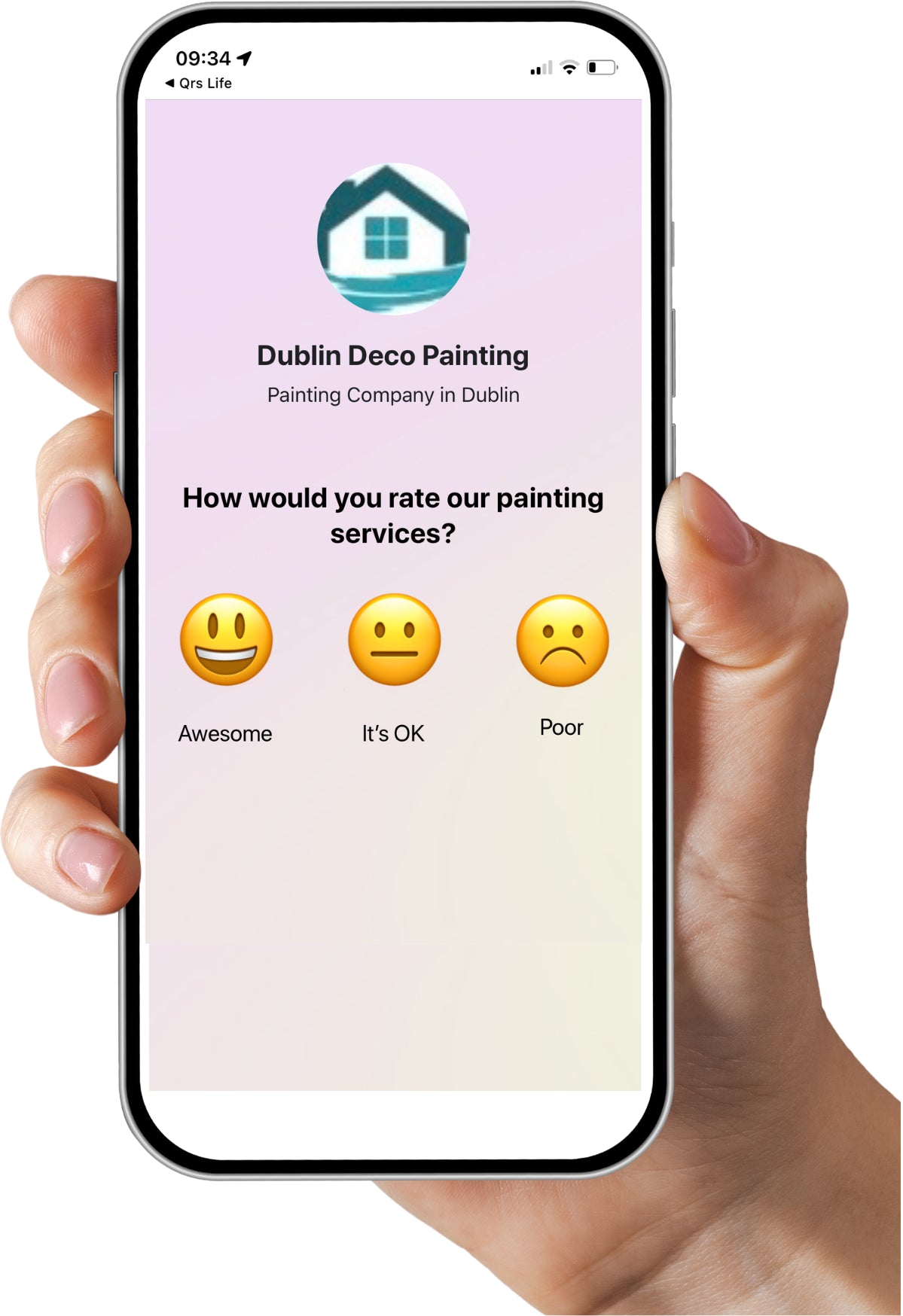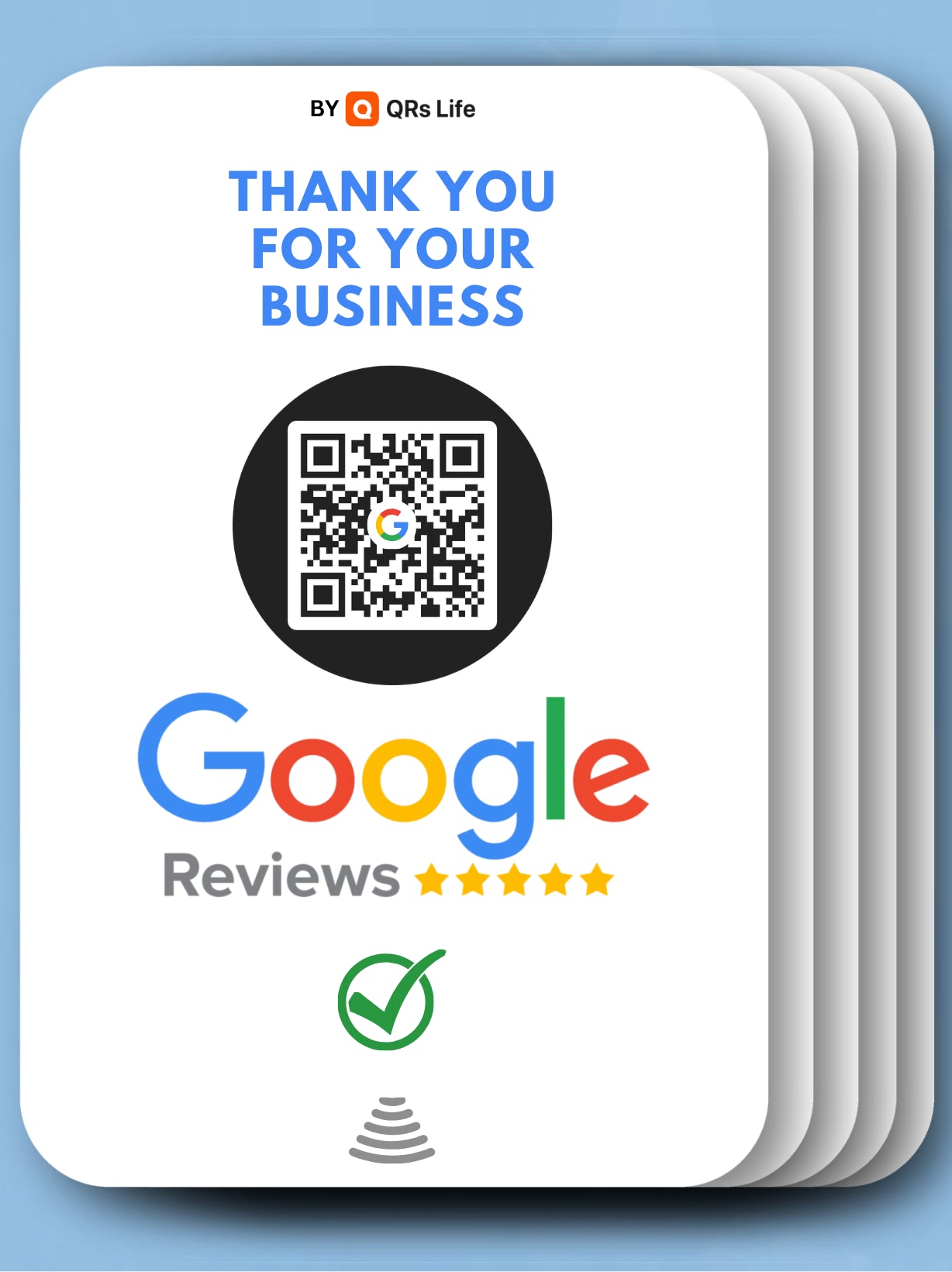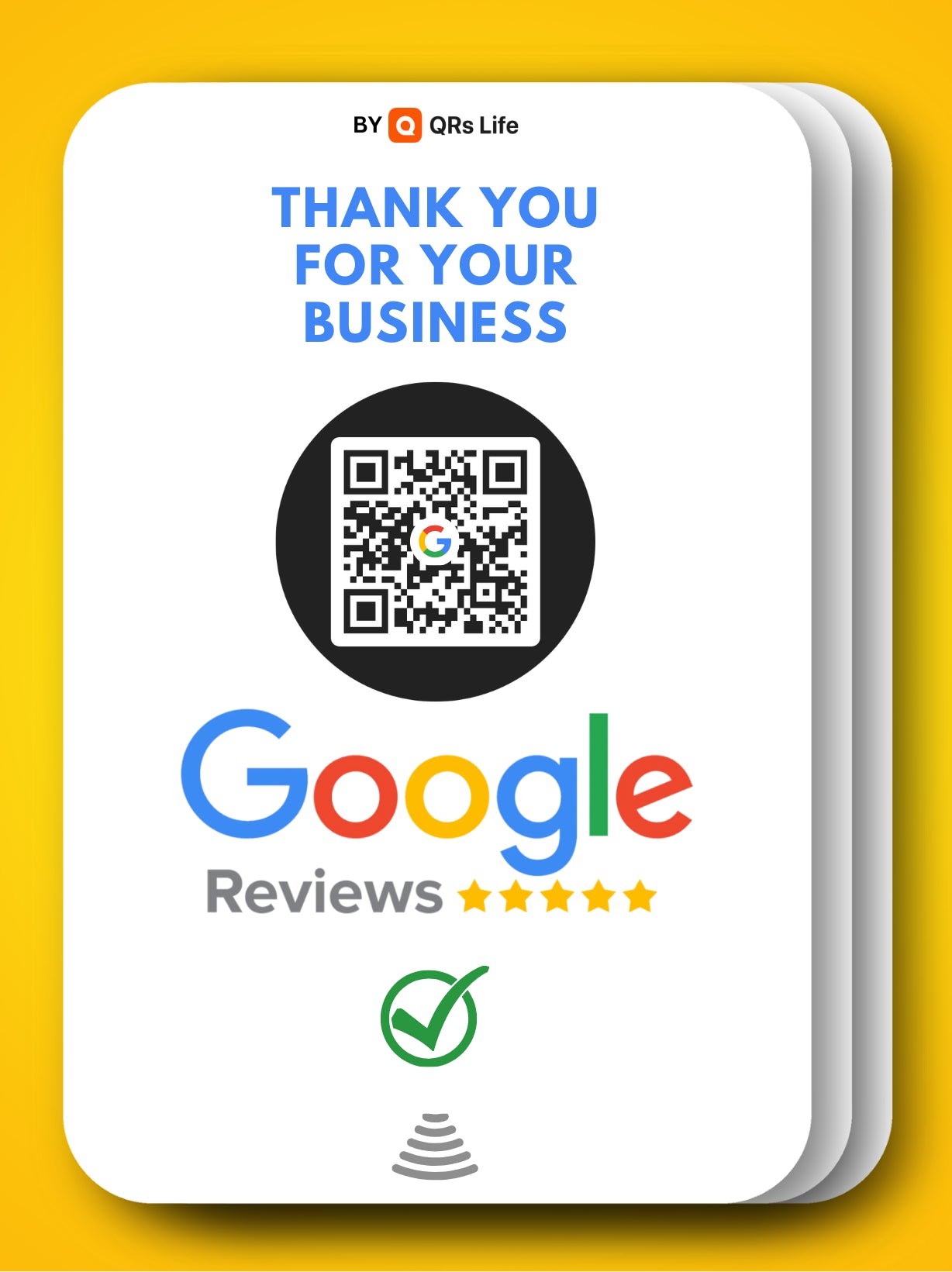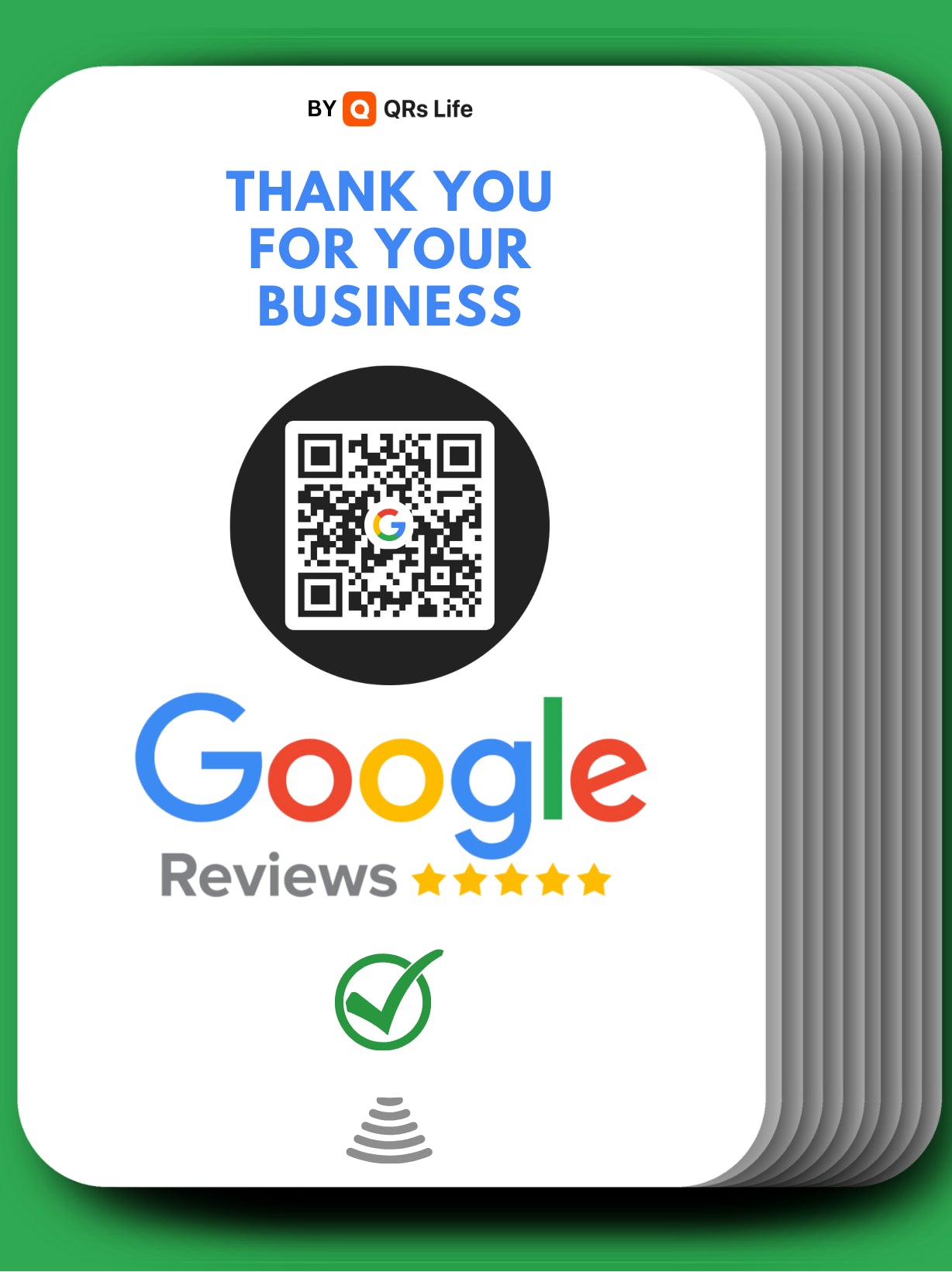Fake Google reviews can be a problem regardless of how you look at things. If you get fake reviews, chances are your competitors are targeting you with below-average ratings. If your competitors are receiving fake reviews, chances are they are doing something shady to improve their ratings and rankings.
Here at QRs Life, we understand what a dog-eat-dog world you are living in if you have a local business and a Google Business profile. That is why we studied the problem and figured out a way for you to come out on top whenever your competitors are doing something shady.
What is fake review spam?

Fake review spam is considered to represent the event in which several reviews with false information are being posted, usually in high numbers, on Google Maps profiles, to manipulate both customers and the way businesses are ranked in search results.
As you know, Google ranks businesses and “places” on Google Maps on relevant keywords basing its ranking strategy on several factors that include:
- How correct and relevant the information from the Google Business profile is
- How close to the users’ location the respective business is
- How many Google Maps reviews it has
- What the overall Google Maps rating is for that respective business
- Many other local search ranking factors
One thing you need to keep in mind is that whenever revenue is at stake, business owners are extremely creative when it comes to manipulating the systems or bending the rules. That is why fake reviews are a thing.
Another important aspect of fake review spam is that it can work in two different ways.
- Fake negative reviews on competitors’ businesses

It is pretty self-explanatory, this method involves flooding the competitors’ review sections on Google Maps with low-rating reviews. It is a very effective way to put yourself in front of the competition. Luckily, it is illegal, and Google works hard to prevent these kinds of practices.
Of course, many things fall through the cracks, as Google doesn’t have a dedicated team of employees to get these reviews checked. It uses complicated algorithms and volunteers. That is why you need to take care of your business and find ways to identify these problems, report them, and ensure that you are playing a fair game against your competitors.
- Fake positive reviews on your own business

Another way to go, as obvious as the first one, is the positive approach. Rather than making competitors look bad, some business owners choose to simply make themselves look better than they deserve.
Again, there are ways for this nasty tactic to be prevented, but you will need to take action yourself rather than wait and hope that Google is going to identify these issues automatically. While it may seem like a challenging thing to do, we will explain in plenty of detail everything you should do so you keep your fights fair.
Are fake Google reviews dangerous?

The short answer? Yes. Fake Google reviews are very dangerous. They have an incredibly high potential of making or breaking a business. If you run a restaurant or bar and you get flooded with negative reviews on your Google Maps profile, chances are that your revenue will significantly decrease.
Similarly, a good rating on Google Maps can have a positive effect on how well your business is doing. An excellent online reputation for a physical business is extremely important. If we look at some of the most recent statistics regarding buying habits, we can’t help but notice a trend showing that buyers tend to get much better informed before making a purchase.
That means that more people read online reviews than ever and base their decisions on what other customers think of the products or services they are interested in. So, having the power to manipulate this comes with huge risks, both for business owners and consumers.
How it affects consumers
When Google reviews are fake and when Google Maps ratings are manipulated, consumers can get tricked into making the wrong choices regarding the services they use or products they purchase.
This means that customers can get to spend their hard-earned money on inferior products and services from businesses that manipulate Google reviews and fight a dirty battle against their competitors while other businesses with better products and services are struggling to make ends meet.
How it affects businesses

While customers can usually overcome the effects of these “wrong” purchases quite easily, things can be a little more tricky for businesses. For a consumer, getting tricked into having a bad cup of coffee or a less-than-perfect meal is generally something that can be easily shaken off.
The repercussions for a business getting fake negative reviews can quickly become a tragedy. A startup struggling to make ends meet and learning how to improve its products and services while also having to compete against players who manipulate Google reviews simply doesn’t have a fair chance.
What can you do?
Well, you need to ensure that your online reputation truly speaks about the quality of your services or products. Regardless of how much your competition may want to kick you lower in the rankings, organic reviews, and a good rating will always be stronger than review spam.
To take full advantage of what your Google Business Profile can do for your business, you will need to ensure that you have as many real reviews as possible and ensure they are as good as possible.
To get more and more of your customers to leave a review and to ensure that most of the reviews you receive are going to be positive, we recommend using Google Review Cards for businesses from QRs Life.
You can use these cards to convince your customers to leave reviews for your Google Maps and make the process incredibly simple for them. All you need to do is instruct your staff to ask as many customers as possible to leave a review. People simply need to scan the QR code or tap the NFC field to get directed to a particular landing page.
This is where the real magic happens. Our system doesn’t only help you get more reviews, but it also helps you filter out the negative reviews.
After scanning the QR code or tapping the NFC on your Google review cards, a special landing page will open on their mobile devices. Here, they will be able to select how happy they were with your services.
- If they select the “happy” emoji, they will be redirected to your Google Maps profile, where they will leave a positive review.
- If they select the “neutral” or “unhappy” emoji, they will be redirected to a page where they can fill out a feedback form. This will be sent to you via email privately.
This is one of the safest and quickest ways to improve your online reputation and stay on top of the situation if your competitors are trying to give you a hard time unfairly.
How do you find review spam in your competitors' Google Business Profiles?
If you want to avoid being on the receiving end of unfairly distributed reviews, especially if you suspect your competitors from intentionally increasing their ratings with fake reviews, there are some things you can do.
First, you will need to learn how to identify fake reviews, how to gather the proper evidence to support your case, and how to report it to the relevant Google team. So, let’s see what can be done.
Prioritize
The first thing you will want to do is realize what you want to achieve by investing this time into research and who your main targets are.
If you are a business owner looking to protect yourself against review spam from your competitors, you probably already know who are your main rivals. Generally, if you want to be as efficient as possible, you should take things in order.
Let’s assume that you are ranking 5th on Google Maps on your most relevant keyword. Your research should work as follows:
- Competitor ranking 4th
- Competitor ranking 3rd
- Competitor ranking 2nd
- Competitor ranking 1st
Working your way up on this list, trying to figure out whether they have review spam on their profiles, will work in your favor because you will get a real chance to knock one of your direct competitors off their place.
Identify potential cheaters
Chances are that you are going to have to go through a lot more than just 4 or 5 businesses. You should check more than just one keyword, expand your search area, and make a list of those who seem to be on your long list of competitors.
You will then need to create your shortlist. This is where you should apply the old-fashioned eyeball test. If a Google Maps place has a low rating or a low number of reviews, chances are that there is no review spam to find on their profile.
Things are different for those who seem to have a lot of reviews and very good ratings. Those with a high number of reviews and very good ratings are those you should have a closer look at.
This is where some tools might come in handy. While one of our favorites is GMB Everywhere, you should know that some of its alternatives are also pretty good:
- GMB Crush
- PlePer Local SEO Tools
- Surfer Local
- GMBspy chrome extension
The main thing you should use GMB Everywhere or an alternative tool is to create an audit for the reviews received by your successful competitors. The timeframe in which businesses gather their reviews on Google Maps can tell a lot about how correct and fair this process is.
Whenever you analyze an audit for these reviews, you should look at two things:
For example, if a business has a total of 200 reviews left by customers over two years and another 200 reviews left in the past two months, this is something that will need to be looked into a bit further.
Most businesses with fair reviews will have pretty straight graphs representing the number of reviews over time. Any sudden change in velocity or review frequency can be an indicator of something fishy going on.
Dive deeper and start gathering evidence
One thing you need to know right off the bat is that if you plan to take them down by reporting them to Google for unfair practices, you need to be thorough. You will need to build your case with solid evidence against those you report, and you need to be prepared with as much data as possible.
Patterns are what you should be looking for, and what Google is particularly adamant about when it comes to making decisions. That is why, rather than being vague about the way you report these problems, you should always try to be as accurate as possible.
For example, rather than asking the team of volunteers to look at all the reviews from a Google Maps place, you can be more precise and indicate exactly the reviews you are concerned about.
To get all this info, you will probably need to do some or all of the following:
Check reviewers’ history
You should look at individual reviewers one by one and see if you find any inconsistencies. For example, you should look at the locations where each reviewer is rating businesses.
Generally, reviewers have a rather small area they cover when it comes to reviews. If you see that some people on your competitors’ profile are rating businesses all over the world seemingly being one day on a continent and the next one on another, something is not right.
Another thing to check is whether these reviewers have public profiles. By default, each Google Maps user has a public profile where all their reviews are visible. The process of making this profile private is somewhat complicated and not many people know they can even do this.
Simply having a lot of users with a private profile leaving reviews on particular Google Maps places can be a sign of spam.
Check reviewers’ numbers
Another thing to look at is how many reviews each user has left. If many of those who review a particular business have just one or two reviews, this can also be a sign that something is not right.
Make notes of all these things and try to prepare them comprehensively for your future report.
Analyze language
The rise of artificial intelligence plays a huge role in how online reviews are being abused these days. To be more precise, a lot of AI-generated content is used for Google review spam.
That means that using tools like GMB Everywhere can, again, be very helpful in a sense. You can use this tool to identify weird linguistic patterns.
How do you take them down?
To make all your efforts worth it, you will need to use all this data to take your competitors down. To do that, you are going to need to convince the team at Google that these particular businesses are not gathering all their reviews naturally and organically.
One thing you should know is that Google doesn’t have a dedicated team of employees handling these requests. Instead, it has a team of volunteers.
That means that you need to be as helpful as possible and make their jobs as simple as possible.
You will need to submit your report to the Google Business Profile Help Community with as much information as you can fit into it.
Try to post zero Personal Identifiable Information, as the threads from the Google Help Community are indexed. That means you should keep all the sensitive information in a Google sheet you will post in the Community thread.

The way you name the thread will also play an important role. Try to be as specific as possible without any unnecessary fluff. If you manage to make everything clear and provide enough evidence of malfeasance, your competitor is likely to drop a few places in rankings or even get the account suspended completely.
You can also use Business Redressal Complaint Form to submit a complaint regarding misleading information or fraudulent activity on Google Maps.
Final thoughts
Fighting off competitors who try to cheat their way to success in Google rankings can change the way your business holds a reputation online. Pay attention to the signs, keep an eye on how frequently the reviews of your competitors appear, and make your case if you suspect any illegal activity.
